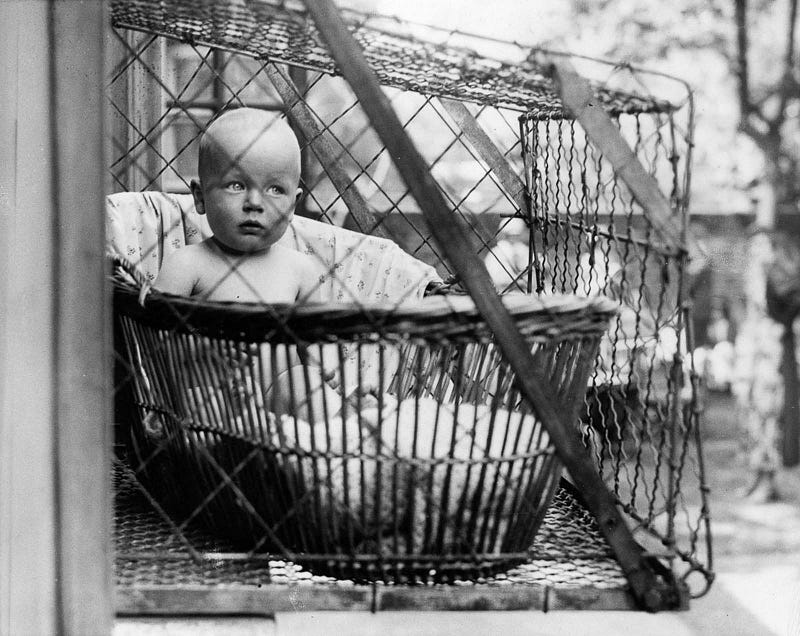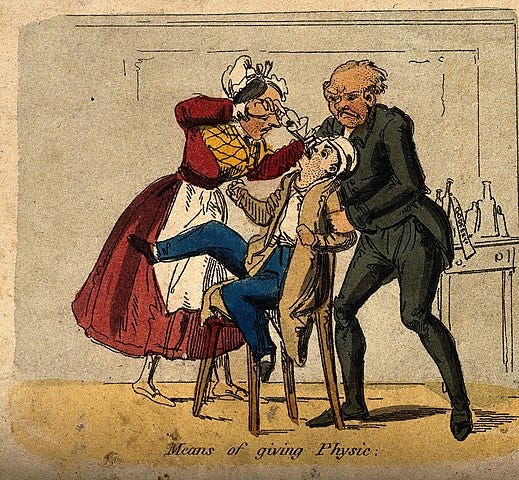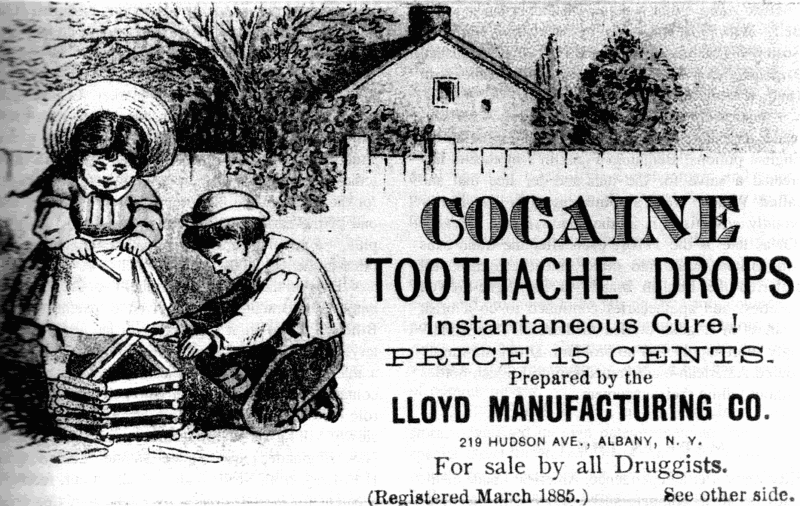Unbelievable Parenting Trends: What Moms Once Believed
Written on
Throwback to Parenting Advice
Modern family road trips can feel monotonous. In contrast, my parents had a stylish, wood-paneled station wagon equipped with foldable seats. When we laid down the back seats, it created enough space for us to play Twister while zooming down the highway. My sister and I relished the challenge of contorting our bodies into the game's poses, and sometimes even let our dog join in—though we avoided that on hot days due to his drool making the circles slick.
I once asked my mom why our dog got a seatbelt while we didn’t. She chuckled and replied, “Oh, don’t be absurd. Nobody wore seatbelts back then.” I didn’t challenge her; she was right. Parents were doing their best with the limited knowledge available to them. Sure, Grandma Ella’s bourbon remedy to help me sleep raises some eyebrows, and perhaps my mom shouldn't have let us guzzle cases of soda while advising us to “go play outside, but steer clear of the road.” Yikes!
Today, parenting has transformed dramatically. Moms now often seem like omnipresent guardians, unable to let their children stroll to the bus stop without extensive precautions, including a chaperone, a cellphone, and flame-resistant clothing.
However, the history of parenting advice is riddled with bizarre and often dangerous practices. If you've ever followed questionable parenting tips, here are some notorious examples from the past.
Outdoor Baby Cages

Who hasn’t joked about the idea of suspending a fussy baby in a cage outside their window? In the 1930s, mothers, much like today, were concerned their children weren’t getting enough fresh air. With a slew of infectious diseases like scarlet fever and tuberculosis lurking, doctors had an unconventional solution: outdoor baby cages, or “health cages.” They believed that urban children were falling ill due to a lack of fresh air, so why not dangle them in a cage outside to enjoy the view?
How to Make Your Child "Cordial"

Godfrey’s Cordial, marketed as a remedy for various childhood ailments, may sound like a drink your grandfather sneaks at family gatherings. In the late 18th and early 19th centuries, this concoction became a household staple, often given to children without consulting a doctor. It wasn’t just a placebo; it contained opium—one grain per two ounces. Tragically, many infants fell into a deep sleep they never woke from, with estimates suggesting three-quarters of opium-related fatalities involved children under five.
Prone Sleeping

While the idea of keeping your child in a cage may seem ludicrous, other parenting tips had dire consequences. Dr. Benjamin Spock, a prominent pediatrician, advocated for placing babies on their stomachs to prevent choking. Unfortunately, this practice led to a rise in sudden infant death syndrome (SIDS). It wasn’t until the American Academy of Pediatrics recommended back sleeping that SIDS rates dropped by 30%.
Cocaine for Teething Relief

In the 19th century, cocaine was a common ingredient in numerous products, including remedies for teething babies. Advertisements claimed these drops alleviated “toothache and spongy gums,” often leaving children in a euphoric daze. Despite warnings about its addictive nature, many mothers applied it to soothe their infants' discomfort. It wasn’t until the early 20th century that cocaine was banned in over-the-counter medications.
Mozart for the Unborn

I was once that overzealous mom, convinced that playing Mozart to my unborn child would boost her IQ. This idea, known as “The Mozart Effect,” sparked a surge in sales of classical music for expectant mothers. However, the original study that inspired this trend involved only 36 college students—not fetuses. Research has yet to establish any link between maternal music exposure and increased intelligence in unborn children.
Rethinking Circumcision
Not long ago, I delved into the history of circumcision and found myself regretting the choice I made for my son. At the time of his birth, I believed circumcision had health benefits and wanted him to fit in with his peers. However, only about 30% of the global population is circumcised, compared to 92% of males in the U.S. The reasons often cited for circumcision—such as reduced STD rates—are not as clear-cut as they may seem. With effective vaccines available, we might be making misguided choices for our children.
As you reflect on the often ridiculous advice that has shaped parenting, remember: you’re not alone in your missteps. If you ever feel overwhelmed this Mother’s Day, take solace in the fact that at least you didn’t give your child cocaine or lock them in a cage—yet.
Happy Mother’s Day to all the wonderfully imperfect moms out there!
Exploring Modern Parenting Perspectives
In this video, "UNSCHOOLING" TIKTOK TREND - THESE MOMS DON'T KNOW WHAT THEY'RE DOING | Influencer Insanity Ep 10, we delve into the chaotic world of unconventional parenting and the latest trends that have some moms scratching their heads.
This video, Childhood Isn't Supposed To Be Stressful. Here's How Parents Can Help, offers insights on fostering a supportive environment for children, emphasizing that parenting should be about nurturing rather than stressing.